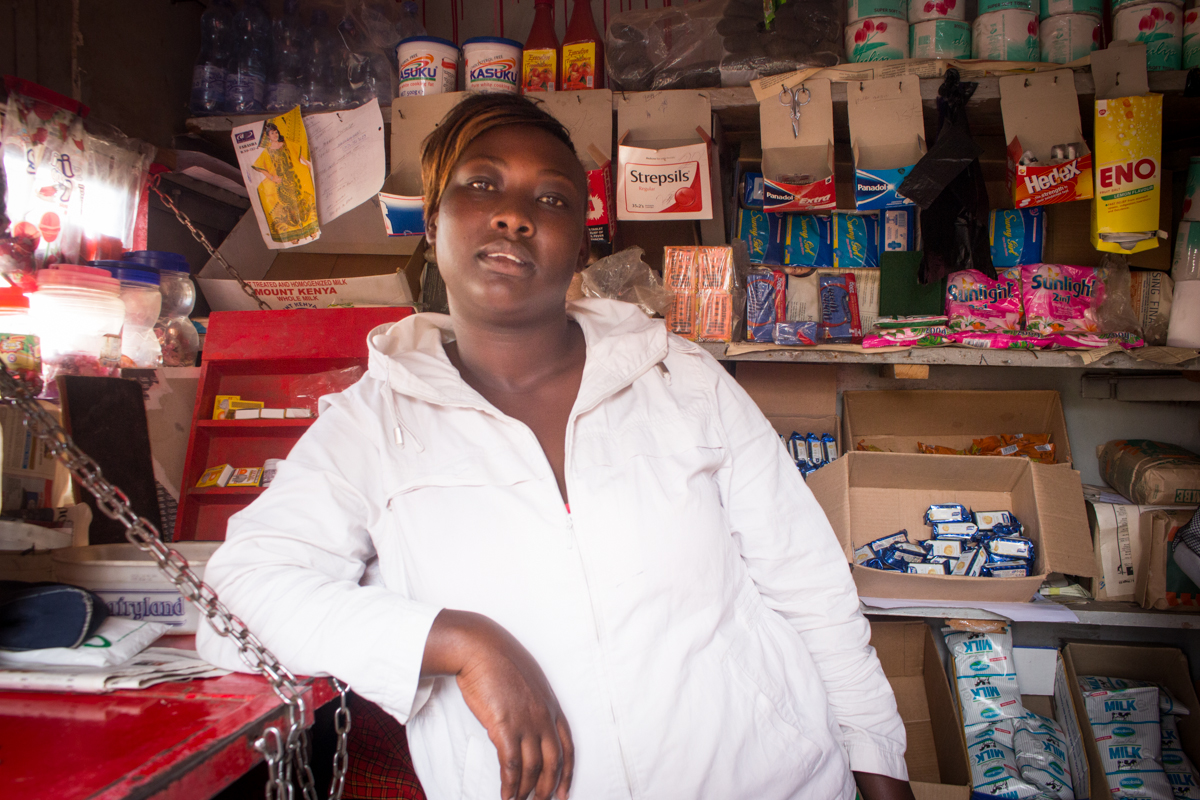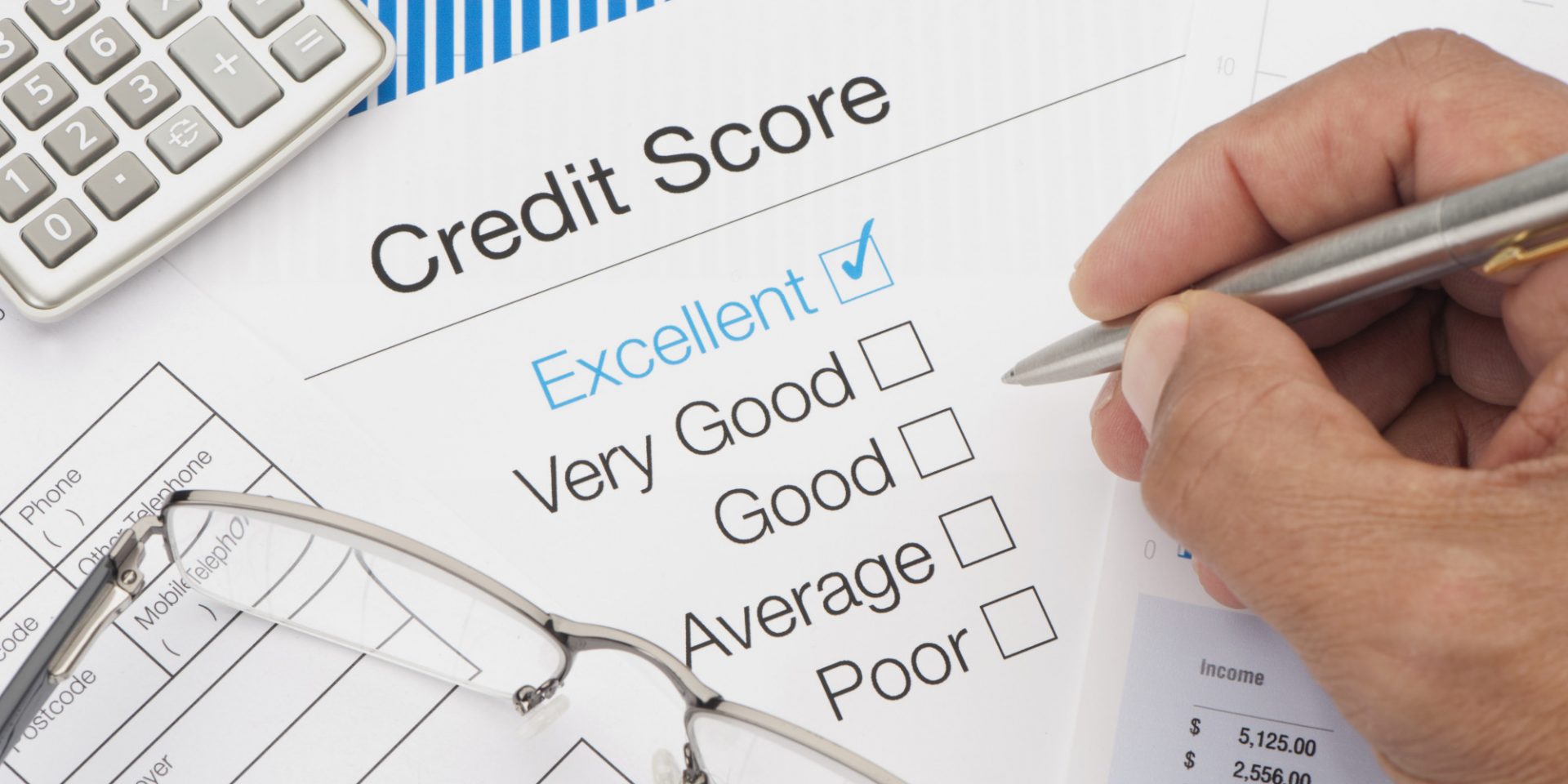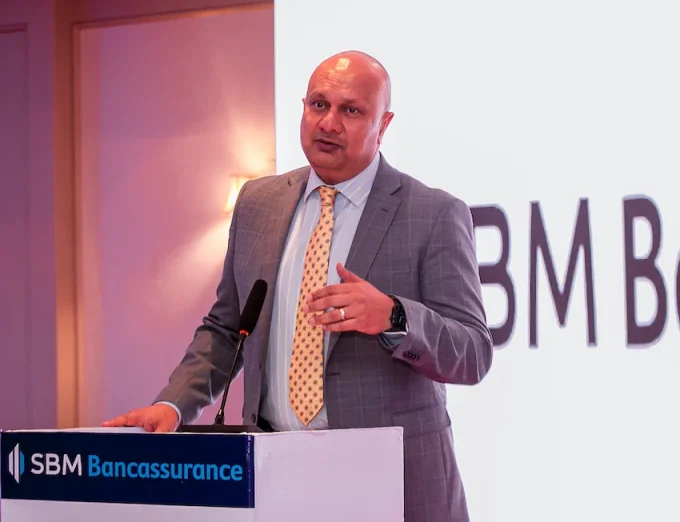Mastercard and Unilever have announced that they will expand their strategic partnership to help micro entrepreneurs in Africa and other regions overcome the cash constraints that limit their ability to buy and sell more products and ultimately grow their businesses.
In Kenya, the two companies have launched Jaza Duka (“fill up your store”). The initiative combines distribution data from Unilever and analysis by Mastercard, on how much inventory a store has bought from Unilever over time. The results from the analysis are used to provide a micro-credit eligibility recommendation to KCB Bank. This solves for the problem that banks usually require formal credit history or collateral, resulting in entrepreneurs borrowing from informal lenders at high interest rates and trapping them in a cycle of debt.
If the micro-credit line from KCB is approved, the store owner is able to increase their purchases of product from what they can buy with cash on hand to what they can actually sell. For example, if a store is consistently showing weekly purchases of Ksh 5,000 ($50) from Unilever they could qualify for an interest-free credit line of $120 to stock their inventory. The credit line from KCB is provided through a secure Mastercard digital payment solution.
As part of the micro-credit, the partners are providing the store owners with training to help them manage their finances, inventory and forward planning for supply against demand. The entrepreneurs are also being trained on marketing tools and techniques to help sell their products and subsequently increase their opportunity to grow faster. Local communities can also benefit from having quicker, more reliable access to the products they need most to support their families.
By the end of April, more than 5,000 kiosk owners in the wider Nairobi area had applied to join the programme – all are expected to be fully enrolled by mid-May. Stores that fully moved to the new platform have grown their sales of Unilever products by up to 20%.
“Micro and small businesses are the economic backbone of communities around the world,” commented Ajay Banga, president and CEO, Mastercard.
“There’s an opportunity to set these businesses up for long-term growth by bringing together the tools and data from different industries to change the model of small business financing. We invite other companies and private sector leaders to join us in this collaborative approach and create a true network effect that will bring down barriers and trigger change.”
“Financial inclusion is a key enabler of the 2030 Sustainable Development Goals – lifting individuals out of poverty and supporting overall economic growth. By broadening our collaboration with Mastercard,
working across sectors and including additional private and public partners, we are further expanding the positive impact of financial and economic inclusion” said Paul Polman, chief executive, Unilever.
Over time, the payment history from shopkeepers’ participation in Jaza Duka can pave the way for these business owners to access other financial services, including small business loans.
In order to further scale this model, Mastercard and Unilever jointly committed to set a target to provide 20,000 kiosks in Kenya with a digitally managed credit solution by end of the year. These efforts are expected to extend to additional markets across Africa and Asia Pacific.
To ensure responsible use of credit, the Center for Inclusive Growth – a Mastercard philanthropic initiative – will work with TechnoServe to provide micro-entrepreneurs with training on financial and
business skills.
Mastercard will also join Unilever in its “Transform” partnership with the UK Department for International Development (DFID), with the aim to promote sustainable community development in emerging markets around the world.
KCB Group CEO and MD Joshua Oigara said: “We see this partnership as a big plus in boosting our role as catalysts of trade and doing business in East Africa. This is part of our commitment to simplify and transform the lives of our customers to enable their progress. The retailers can now access their credit using their mobile phones without the need to issue physical plastic cards. Following a successful deployment in Kenya, we will be rolling out the same to the regional markets we are in as we support the growth of value chains, small, medium and micro enterprises.”
READ: EABL WOOS CUSTOMERS WITH OWN APARTMENT CAMPAIGN
The CEOs invite other financial institutions and complementary consumer packaged goods suppliers to join the initiative to help fuel micro and small business growth across the world.













Leave a comment